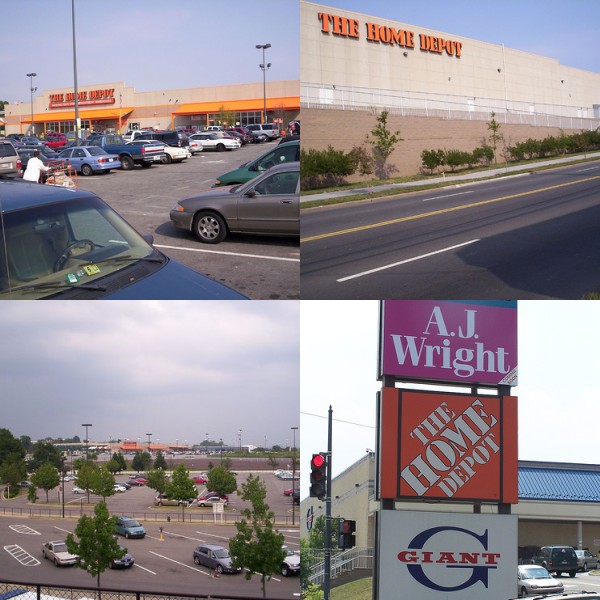Parking Policies Can Reduce Car Use
is an entry from the Daily blog of the Pacific Northwest organization, the Sightline Institute. Read it.
Also read "Seattle's Lagging Density is Making it a 'Suburb'." The entry is in part, a response to this piece, "Does 'smart growth' also create more sprawl?," from Crosscut.
The basic points are that just because a center city is a city, doesn't mean that prima facie, urban land use and development policies and practices are better than sub-urban land use and development practices in the suburbs.
In particular, DC does many things that I call "intra-city sprawl" (Stu Sirota has an alternative term that I really like, "inward suburbanization.")
A couple examples:
1. Land use policies don't promote strengthening extant areas, such as neighborhood commercial districts, over new development.
2. Land use policies don't promote urban urban design versus suburbanization. Perfect examples are the Rhode Island Place shopping center adjacent to the Rhode Island Avenue Metro Station, or the new shopping center in Congress Heights. Both are very much automobile, therefore, "suburban," in orientation.

Home Depot in Brentwood (Rhode Island Place).
3. DC does not have a policy for siting government facilities that is necessarily congruent with urban design or urban policy practices, including siting facilities based on access to robust transit. In other words, capital investment decisions aren't made with an eye to promoting what are called agglomeration economies.
Labels: intra-city sprawl, progressive urban political agenda, smart growth vs. smarter sprawl, sustainable land use and resource planning



0 Comments:
Post a Comment
<< Home